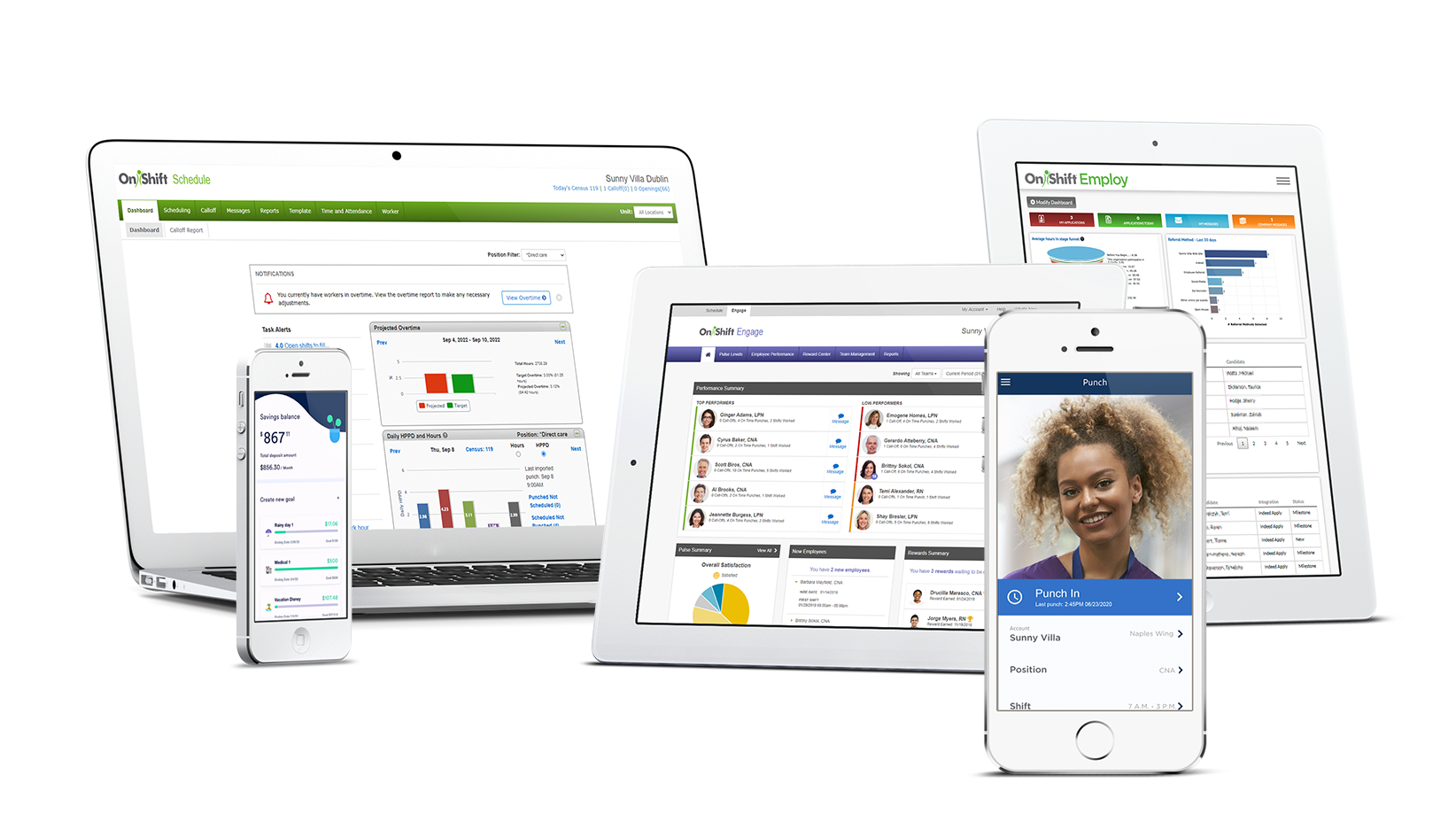October 22, 2019 | Cari Rosenberger
October 22, 2019 | Cari Rosenberger
 Hiring is a time-consuming process. You have to screen candidates and review applications, and then there’s the interview process itself. When you think you’ve found the right fit, you extend an offer and next thing you know, your new employee is being onboarded, trained and off to start their new position. And then, several months, weeks or even days later, they turn over. Now you have to start the process all over again.
Hiring is a time-consuming process. You have to screen candidates and review applications, and then there’s the interview process itself. When you think you’ve found the right fit, you extend an offer and next thing you know, your new employee is being onboarded, trained and off to start their new position. And then, several months, weeks or even days later, they turn over. Now you have to start the process all over again.
Turnover costs in IDD and behavioral health range anywhere from $3,000 to $5,000 per employee. And with turnover rates ranging from 40%-70%, recruiting, onboarding and losing new hires can have a major impact on your bottom line. Plus, it makes it difficult to retain the employees you need to grow and expand your programs.
There are a number of things IDD & behavioral health providers can do to help boost retention efforts once an employee starts. But what if you could prevent turnover before an offer has even been extended to a new hire?
Here are 4 questions IDD and behavioral health providers should include during new hire interviews to prevent future turnover:
When you first sit down with a candidate you might be asking things like, what are your qualifications? What is your past experience? What skills do you have that make you a fit for this job? And while questions around skills and experience are relevant, it’s important to also get to the heart of their decision to be a caregiver.
If you speak with any long-time caregiver, the majority will have one thing in common: they view caring for others as a calling.
Candidates who show a passion and even a personal connection to caring may be less likely to become overwhelmed by the demanding duties of a direct support professional (DSP) or behavioral health caregiver. Those who are either new to being a caregiver or don’t have that personal connection may not have realistic expectations when it comes to what their day-to-day will look like.
Of course, you’d never reject a candidate because of this, however, you may want to offer the ability for them to spend a day shadowing someone else who has a similar role, as well as additional support to help them avoid becoming overwhelmed once they’ve started.
There are many reasons people leave jobs. Things like little opportunity to advance, limited training or education, lack of scheduling flexibility, conflicts between personal values and that of the organization -- among others -- can have a major influence on whether or not someone stays with an organization.
If a candidate is leaving jobs because of certain duties, particularly those that are similar to the position they are interviewing for, then that signals a red flag that they’d be more likely to turnover once hired.
This question can also help set expectations with the candidate. If they left a job because of a policy that your organization also has in place, it likely won’t be a fit long-term for either party.
The job of a DSP or behavioral health caregiver is both reward and demanding. And moments of high stress or even burnout are not uncommon. Ask candidates to provide an example of a time they felt overwhelmed and what they did to cope with that situation.
If they can’t think of a situation, provide a hypothetical which would be understandably stressful for anyone and ask them to describe how they’d navigate the scenario.
Questions like this can help you better evaluate coping skills. The better a candidate is able to cope with the demanding duties of a caregiver, the less likely they are to turnover because of stress or burnout.
Those with poor coping skills may not be the best fit. Or they may just be someone who needs more support, particularly during the first 90 days, to develop those skills.
This may feel like an obvious one, and even if the position the candidate applied for specifies a certain day and shift time, it’s important to verify which days and times are truly the best fit for them.
Many caregivers have a lot on their plates. They may be in school, working a second job, have family responsibilities, or a mixture of all three. Establishing their ideal schedule from the start can prevent call-offs, no shows and the potential that they’ll turnover just because the hours they are assigned don’t allow them to strike their preferred work-life balance.
Once you’ve found the right hire, make sure you put the right practices in place to retain them, particularly during the first 90 days of employment, when turnover tends to be highest. Keep a close eye on new hires, particularly those who may be new to the role of a caregiver. Make sure managers are alerted when new employees are scheduled to start so they can welcome them accordingly. Put a process in place to have supervisors regularly check in with new hires to see how they’re settling in. And monitor key attendance behaviors such as calling off.
Subscribe to the OnShift Blog
Recent Posts
Categories
About Cari Rosenberger
Cari Rosenberger is a Senior Portfolio Marketing Manager at OnShift.
See for yourself why thousands of providers rely on OnShift’s innovative software for recruitment, hiring, workforce management, pay and engagement. Request your personalized demo today.
